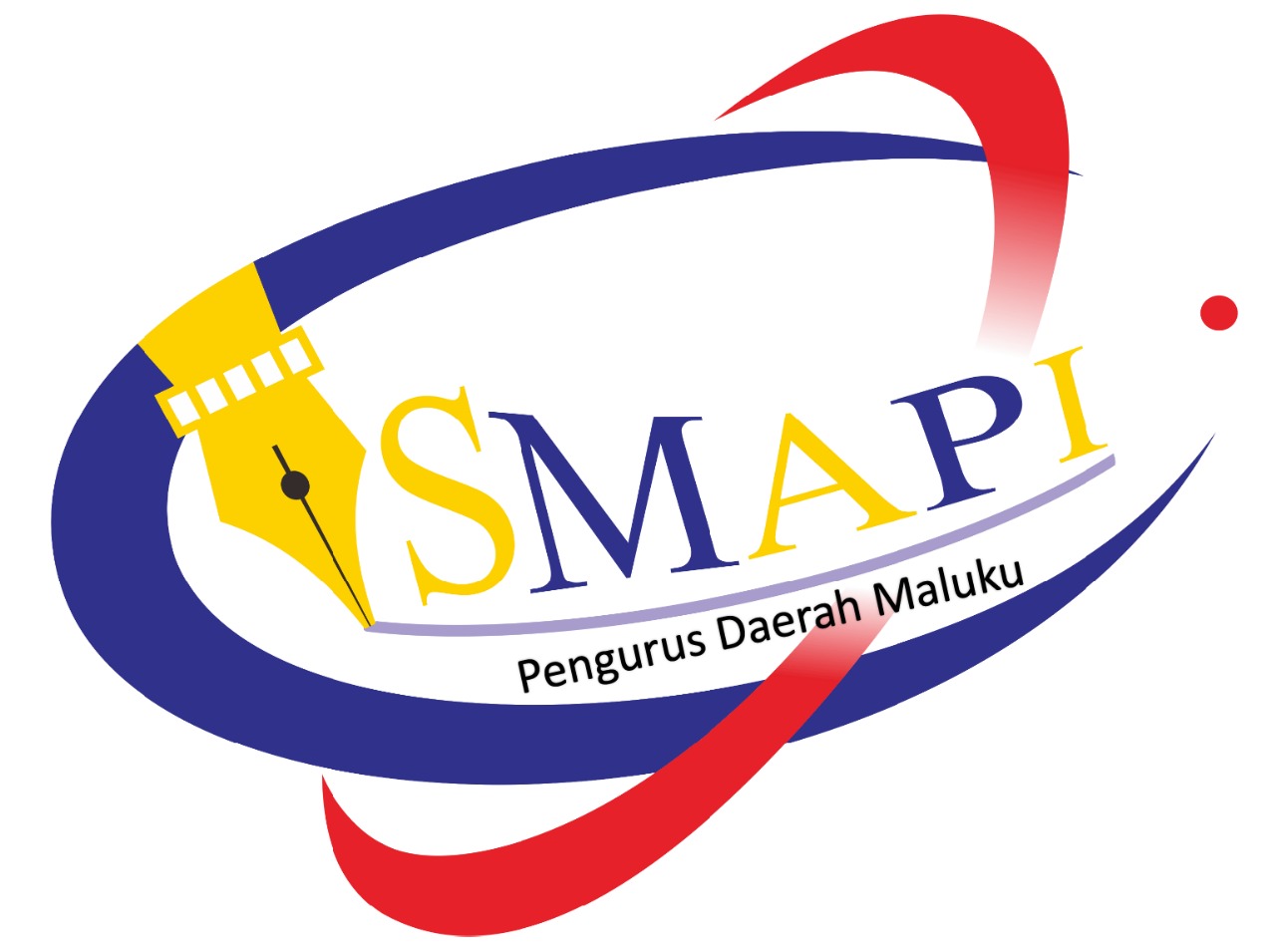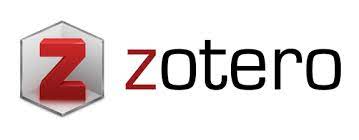MAPALUS-DRIVEN HUMAN RESOURCE DEVELOPMENT TO STRENGTHEN TEAM COHESION AND ACCOUNTABILITY
DOI:
https://doi.org/10.59397/edu.v4i1.135Keywords:
Administrative Reliability, Electoral Management, HRM bundles, Integrity Culture, MapalusAbstract
Indonesia’s public sector modernization hinges on human capital that can deliver transparent, ethical, and reliable services—capabilities that are often strengthened when formal HR systems align with indigenous cooperative norms. In North Sulawesi, the Mapalus tradition of reciprocal mutual aid and collective responsibility offers a culturally resonant basis for improving coordination, integrity, and trust within Electoral Management Bodies (EMBs). This study examines whether embedding Mapalus into a strategic human resource development (HRD) architecture enhances organizational outcomes beyond generic “best practice” HRM. The study aims to (i) operationalize Mapalus values into measurable HRD practices, (ii) test their associations with team coordination, psychological safety, and integrity culture, and (iii) estimate their effects on organizational performance indicators in EMBs. Using an explanatory, cross-sectional survey complemented by brief interviews and non-participant observations, we analyzed data from EMB officials across five jurisdictions (Manado, Minahasa, South Minahasa, North Minahasa, Southeast Minahasa). Reflective constructs were modeled and tested via CFA and SEM (LISREL 8.80). Results show that HRM and Mapalus jointly explain 59.0% of variance in organizational outcomes. Mapalus exerts a strong direct effect (36.7%) and an additional indirect effect (6.5%), for a total of 43.3%, while HRM shows a smaller direct effect (9.2%) plus the same indirect effect (6.5%), totaling 15.7%. Cross-mediations indicate HRM strengthens Mapalus norms, and Mapalus amplifies HRM uptake and impact. We conclude that culture is the proximal driver of frontline reliability, with HRM as an essential enabler. Practically, institutionalizing Mapalus (help queues, cross-unit shadowing, collaborative recognition) alongside competency-based HRM can stabilize peak-load operations and bolster public trust. Implications include aligning ethics and teamwork routines with local norms, integrating cooperation metrics into audits, and using lightweight digital transparency to trigger timely mutual aid. Future research should adopt longitudinal, multi-source designs, incorporate leadership and digital infrastructure as moderators, and test boundary conditions across provinces and electoral cycles.
Downloads
Published
How to Cite
Issue
Section
Citation Check
License
Copyright (c) 2025 EDUCATIONE

This work is licensed under a Creative Commons Attribution 4.0 International License.




















